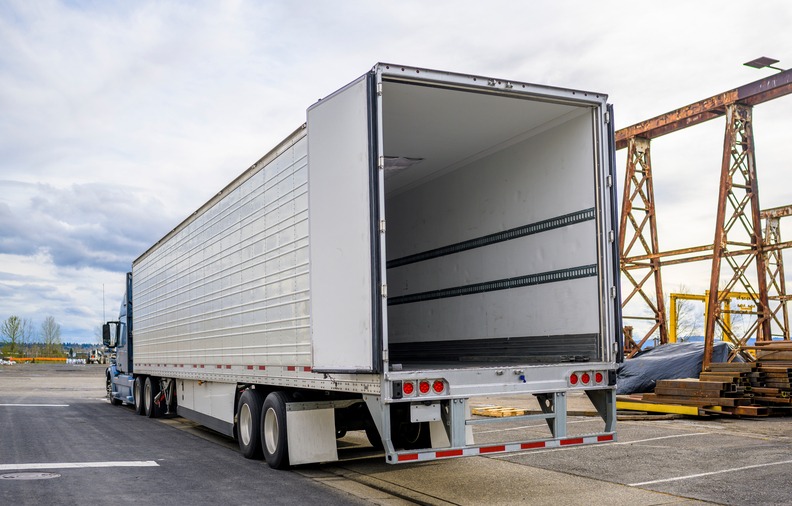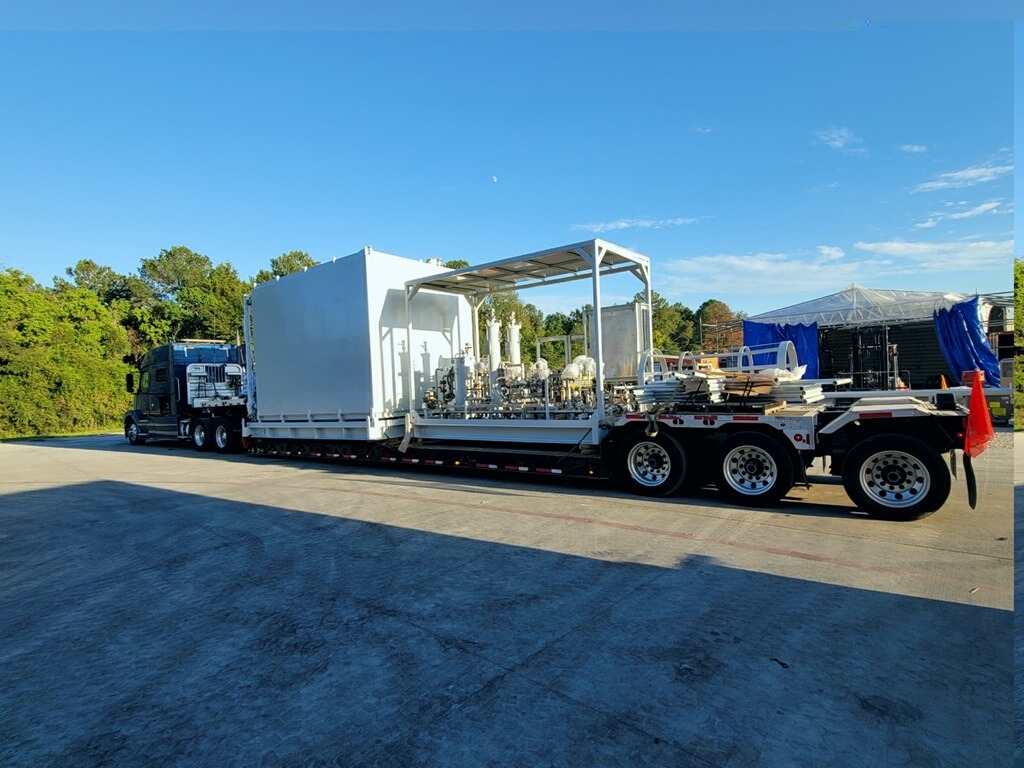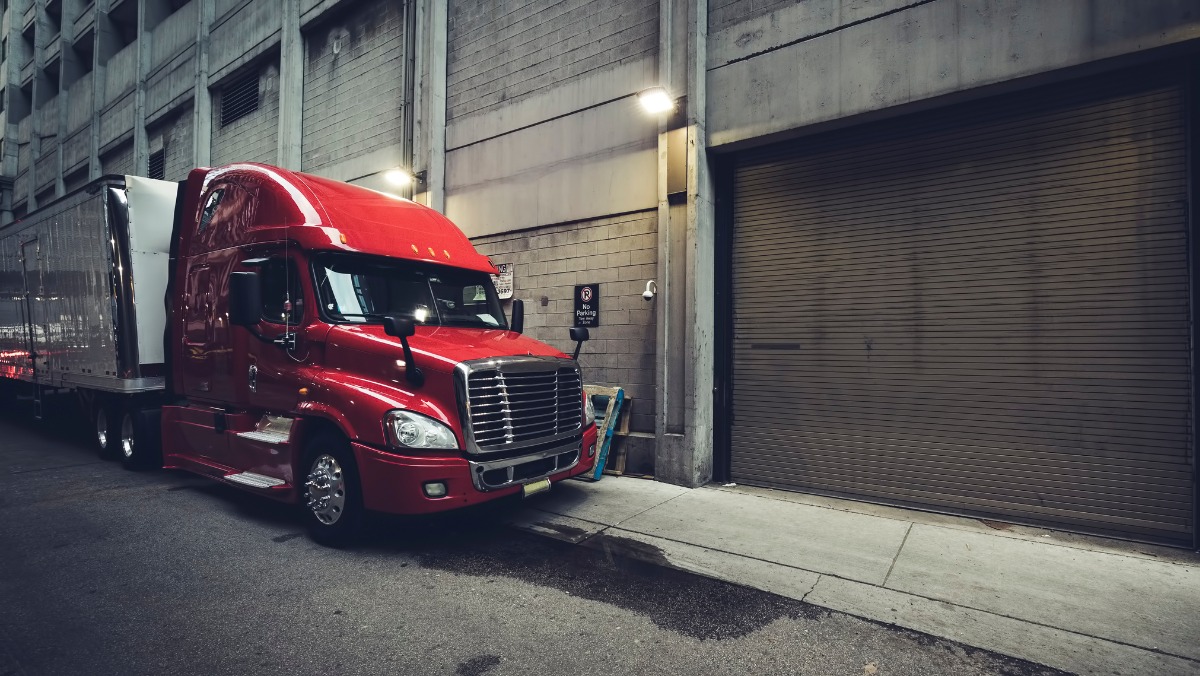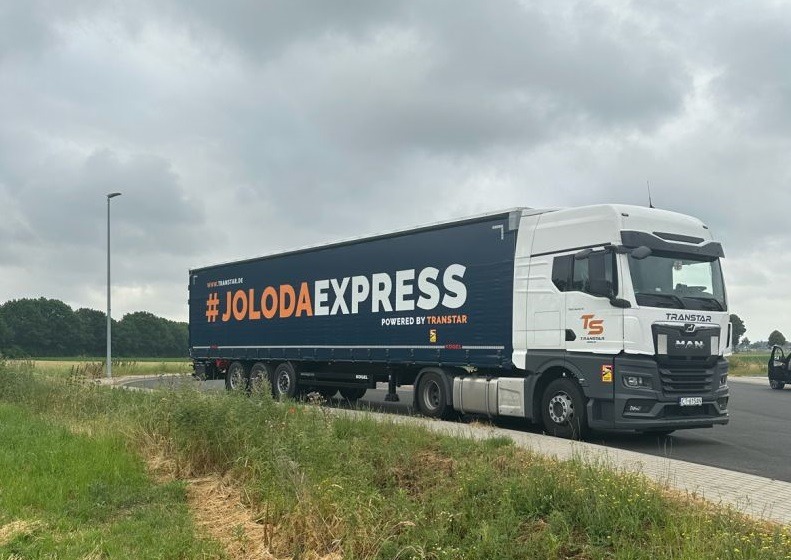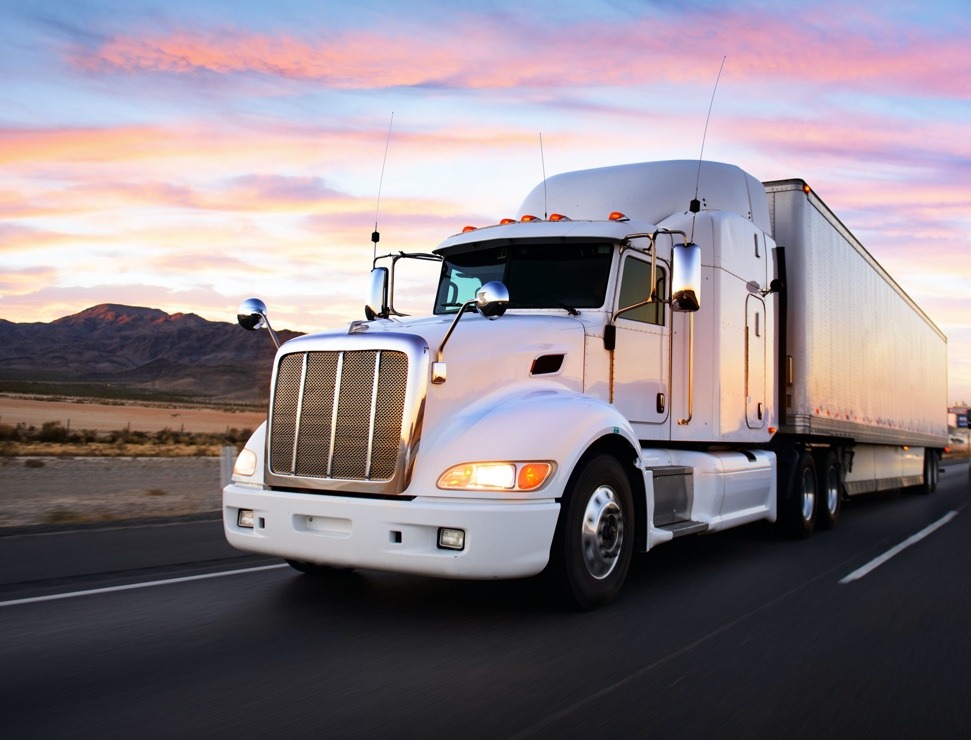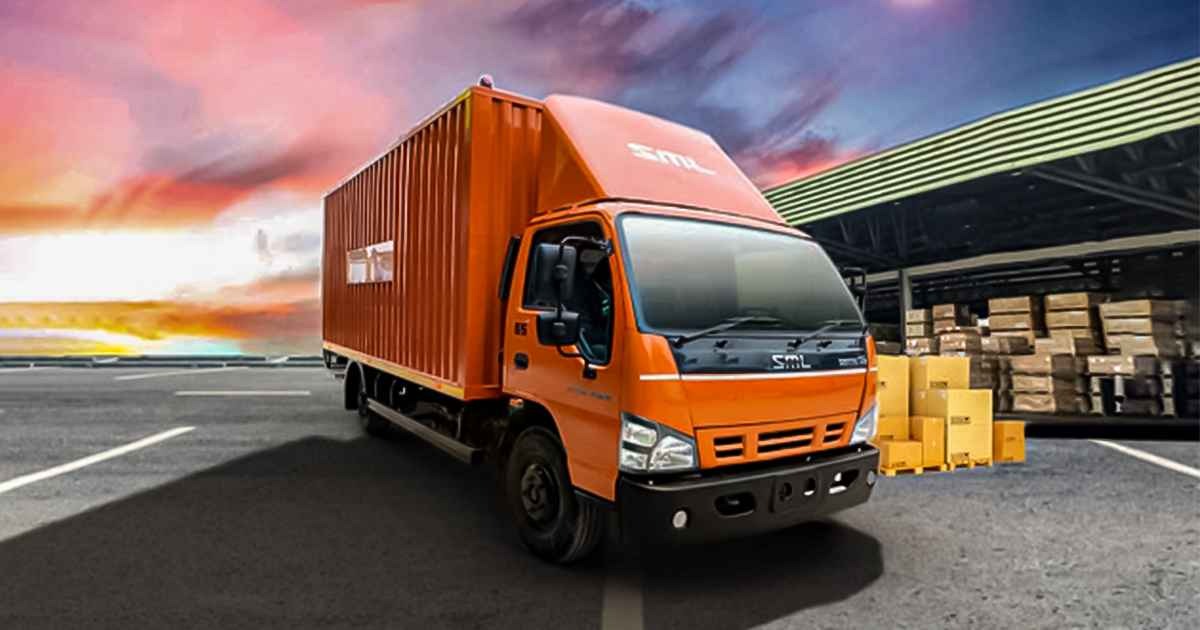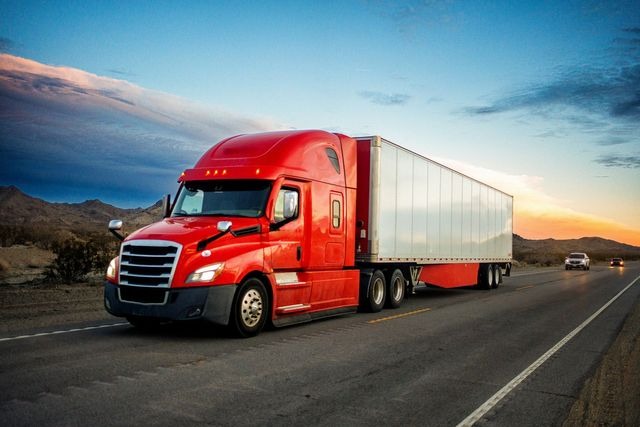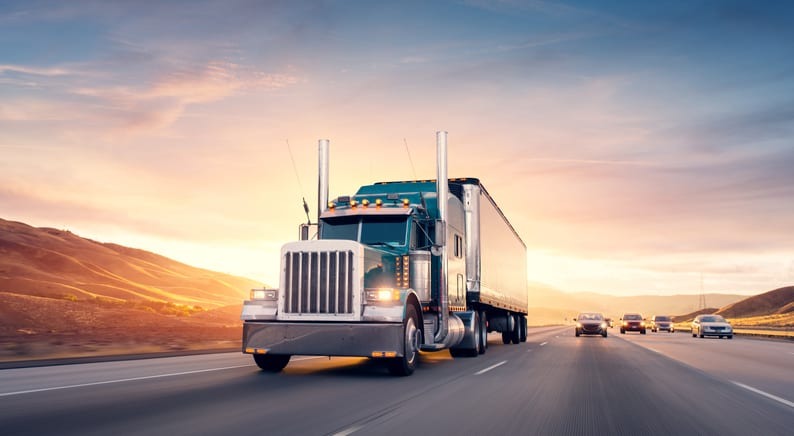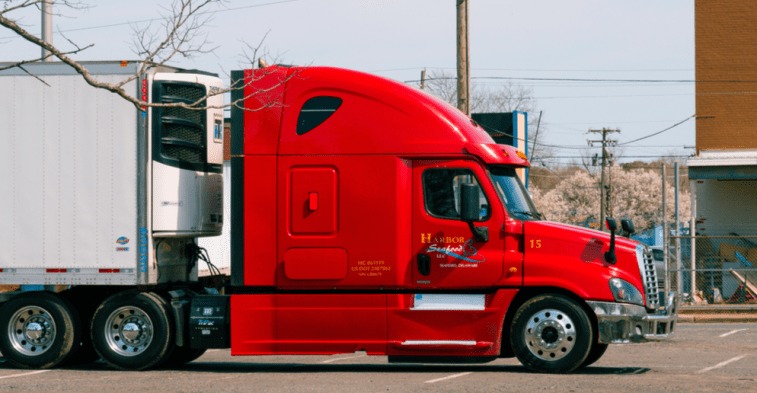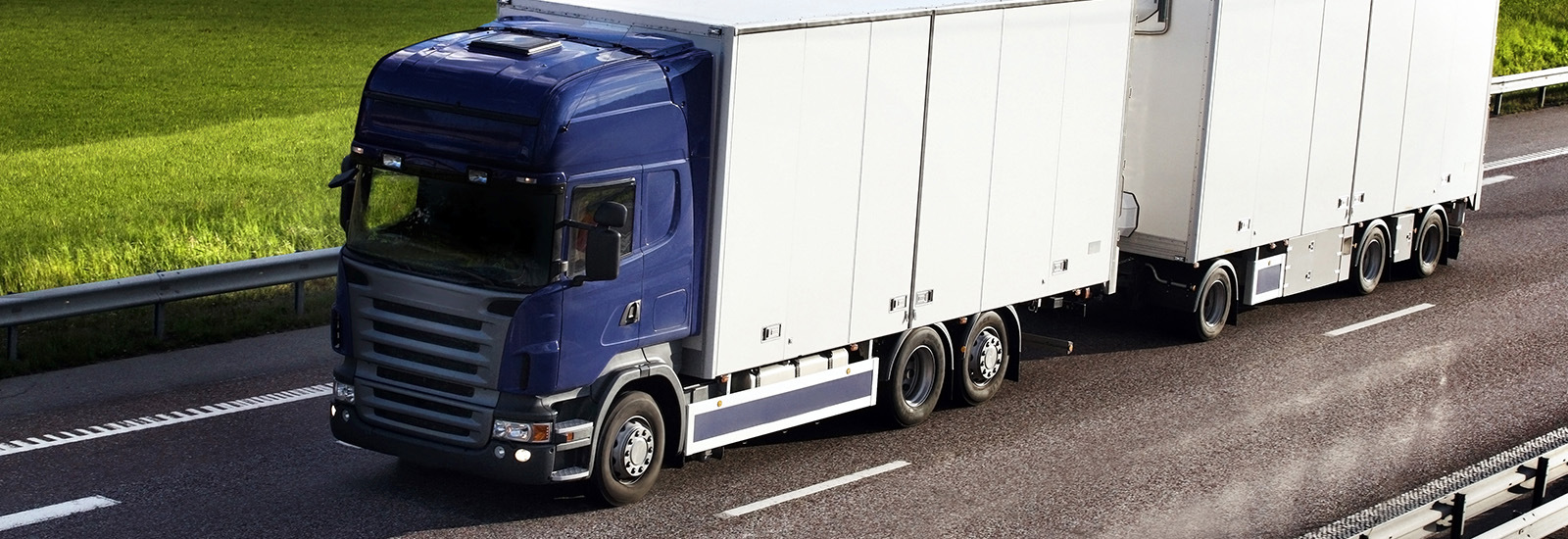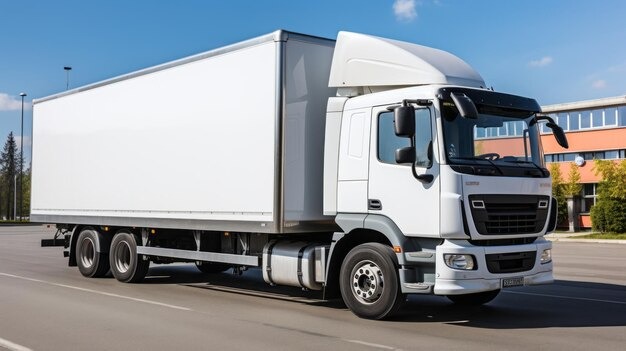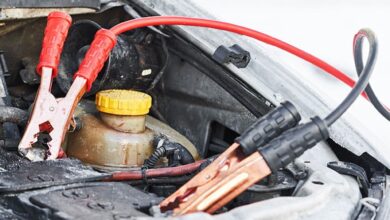Trucks: The Effective Solution for Transporting Goods
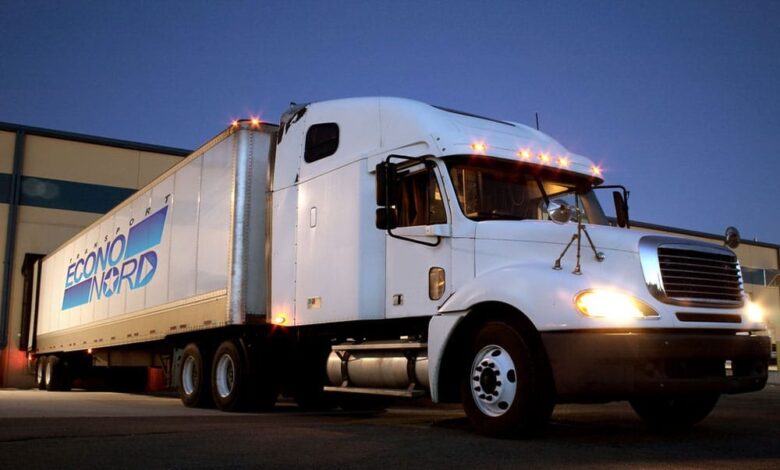
In the vast and interconnected web of global trade and commerce, there exists an unsung hero that shoulders the weight of our economies—the mighty truck. As the heartbeat of logistical operations, trucks have emerged as the indisputable backbone of transporting goods, navigating vast distances and diverse terrains to ensure the seamless flow of products that sustain our daily lives.
From the bustling city streets to the winding rural highways, the omnipresence of trucks is a testament to their unmatched effectiveness in the realm of cargo transportation. In this exploration of the world of trucks, we uncover the multifaceted roles they play, transcending the mere act of conveying goods from point A to point B. These robust vehicles are not only symbols of efficiency but also catalysts for economic growth and development.
As we delve into the nuances of their design, the evolution of their technologies, and the intricate dance of supply chains they facilitate, it becomes evident that trucks are far more than utilitarian vehicles. They are the unsung champions of commerce, connecting industries and communities in a way that keeps the wheels of progress turning.
Join us on a journey where we navigate the winding roads of history, exploring how trucks have evolved into the effective and indispensable solution for transporting goods. From the advent of motorized freight to the cutting-edge innovations shaping the future of logistics, this exploration unveils the critical role that trucks play in sustaining the intricate tapestry of our interconnected world. Welcome to the world of “Trucks: The Effective Solution for Transporting Goods.”
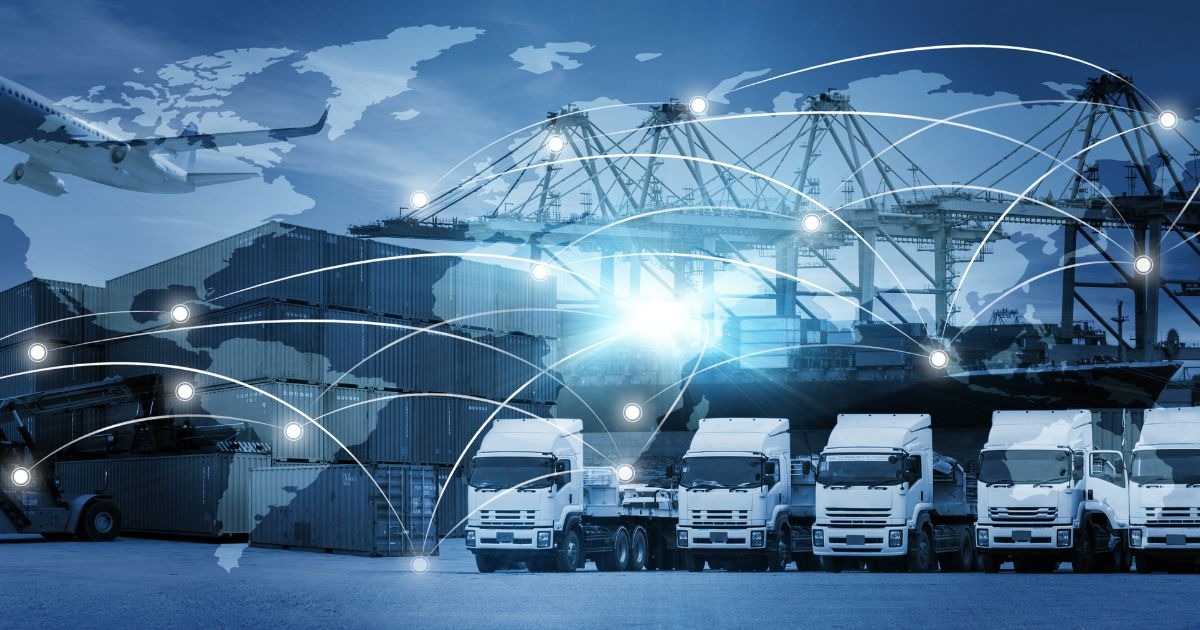
Contents
Advantages of Using Trucks for Transporting Goods
Trucks offer several advantages that make them an effective choice for transporting goods:
Flexibility and Accessibility
One of the key benefits of using trucks is their flexibility and accessibility. Unlike other modes of transportation, trucks can reach almost any destination, including remote areas or places with limited infrastructure. This makes them ideal for delivering goods directly to customers or businesses in urban, suburban, and rural areas.
Efficient Door-to-Door Delivery
Trucks provide door-to-door delivery services, eliminating the need for additional handling or transfers. This ensures that goods reach their destination without the risk of damage or delays associated with multiple transshipments. Moreover, trucks offer faster transit times compared to other modes of transportation, reducing the overall lead time for delivering goods.
Cost-Effectiveness
Trucks are often a cost-effective option for transporting goods, especially for short to medium-haul distances. They have lower initial investment costs compared to other modes like trains or ships, making them accessible to small businesses or startups. Additionally, trucking allows for efficient utilization of resources, as trucks can carry a wide variety of goods in varying quantities.
Just-In-Time Delivery
The trucking industry plays a crucial role in enabling just-in-time delivery strategies for businesses. With their ability to transport goods quickly and directly to their destination, trucks allow businesses to maintain lean inventories and reduce warehousing costs. This is particularly beneficial for perishable or time-sensitive goods, where timely delivery is critical.
See more: The Pinnacle Sports Cars in Automotive History
Economic Impact of Trucking Industry
The trucking industry has a significant economic impact, contributing to the growth and development of various sectors:
Job Creation
Trucking creates employment opportunities across different segments of the industry. From truck drivers and mechanics to logistics managers and dispatchers, the sector provides livelihoods for millions of people worldwide. Additionally, trucking indirectly supports jobs in related industries such as manufacturing, warehousing, and retail.
Boosting Trade and Commerce
Trucks play a vital role in facilitating trade and commerce by connecting producers, suppliers, and consumers. They transport raw materials to manufacturing plants and finished products to distribution centers or retail outlets. The trucking industry’s efficiency ensures smooth supply chains, enabling businesses to meet customer demands promptly.
Support for Small Businesses
Trucking offers small businesses an opportunity to compete on a larger scale. By providing affordable transportation options, trucks enable small enterprises to expand their market reach beyond local boundaries. This stimulates economic growth and fosters entrepreneurship by creating a level playing field for businesses of all sizes.
Environmental Considerations
While trucks offer numerous benefits for transporting goods, it is essential to address the environmental impact associated with this mode of transportation:
Emissions and Air Pollution
Trucks powered by fossil fuels contribute to air pollution by releasing greenhouse gases (GHGs) and other harmful emissions such as nitrogen oxides (NOx) and particulate matter (PM). These emissions have adverse effects on air quality and contribute to climate change. However, advancements in technology, such as the use of cleaner fuels and hybrid/electric trucks, are helping reduce the environmental footprint of the trucking industry.
Fuel Efficiency and Sustainability
Improving fuel efficiency is crucial in mitigating the environmental impact of trucks. The industry is making strides in this area by adopting technologies like aerodynamic designs, low rolling resistance tires, and engine advancements. Additionally, the use of alternative fuels such as natural gas or biofuels is gaining traction, promoting sustainability in the trucking sector.
Last-Mile Delivery Challenges
Last-mile delivery is often associated with increased traffic congestion and emissions due to frequent stops and starts. To address this issue, companies are exploring innovative solutions like route optimization algorithms, consolidating deliveries, and promoting alternative delivery methods such as electric bicycles or drones for urban areas.
Hybrid Vehicles: The Perfect Combination of Electricity and Fuel
Safety Measures in Trucking
Safety is paramount in the trucking industry to ensure the well-being of drivers, other road users, and the transported goods:
Driver Training and Regulations
Truck drivers undergo rigorous training programs to obtain their commercial driver’s licenses (CDLs). These programs cover various aspects such as safe driving practices, load securement, and defensive driving techniques. Additionally, government regulations set standards for driver rest periods, maximum driving hours per day/week, and regular vehicle inspections to ensure road safety.
Vehicle Maintenance and Inspections
Regular vehicle maintenance is crucial for safe trucking operations. Trucking companies follow strict maintenance schedules to ensure their vehicles are in optimal condition. Additionally, regulatory bodies conduct inspections to ensure compliance with safety standards regarding brake systems, tires, lighting systems, and load securement.
Technological Advancements for Safety
The trucking industry is embracing technology to enhance safety measures. Advanced driver assistance systems (ADAS) such as collision mitigation systems, lane departure warnings, and adaptive cruise control help minimize accidents caused by driver error or fatigue. Telematics systems provide real-time data on driver behavior, allowing fleet managers to identify potential safety risks proactively.
Future Advancements in Trucking Industry
The trucking industry continues to evolve with advancements in technology and innovation:
Autonomous Trucks
The development of autonomous trucks holds promise for improving efficiency and safety in the industry. Autonomous vehicles can potentially reduce human errors and optimize fuel consumption through precise control algorithms. While widespread adoption is still some years away due to regulatory considerations, autonomous trucks are being tested in controlled environments.
Electric Trucks
Electric trucks have gained attention as a sustainable alternative to conventional diesel-powered vehicles. With zero tailpipe emissions, electric trucks contribute significantly towards reducing air pollution and greenhouse gas emissions. However, challenges like limited range and charging infrastructure need to be addressed for widespread adoption.
Logistics Optimization
Advancements in logistics optimization software enable companies to streamline their supply chains and improve efficiency in freight management. Route planning algorithms help optimize delivery routes, reducing fuel consumption and emissions. Additionally, real-time tracking systems provide visibility throughout the supply chain, enhancing customer satisfaction and reducing delays.
Trucks – An Efficient Solution for Cargo Transportation
Trucks have proven to be an effective solution for transporting goods due to their flexibility, accessibility, cost-effectiveness, and ability to provide door-to-door delivery services. The trucking industry contributes significantly to economic growth by creating jobs, boosting trade and commerce, and supporting small businesses. While environmental considerations are crucial, advancements in technology and sustainability initiatives are helping mitigate the environmental impact of trucking operations. Furthermore, safety measures continue to be prioritized through driver training programs, vehicle maintenance regulations, and technological advancements. Looking ahead, autonomous trucks, electric vehicles, and logistics optimization are poised to revolutionize the industry further.
See more at: Topcarr

